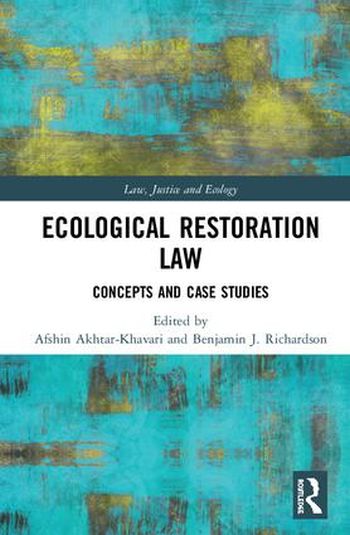
Ecological restoration is as essential as sustainable development for the health of the biosphere. Restoration, however, has been a low priority of most countries' environmental laws, which tend to focus narrowly on rehabilitation of small, discrete sites rather than the more ambitious recovery of entire ecosystems and landscapes. Through critical theoretical perspectives and topical case studies, this book's diverse contributors explore a more ambitious agenda for ecological restoration law. Not only do they investigate current laws and other governance mechanisms; they also consider the philosophical and methodological bases for the law to take ecological restoration more seriously. Through exploration of themes relating to time, space, geography, semiotics, social justice, and scientific knowledge, this book offers innovative and critical insights into ecological restoration law.